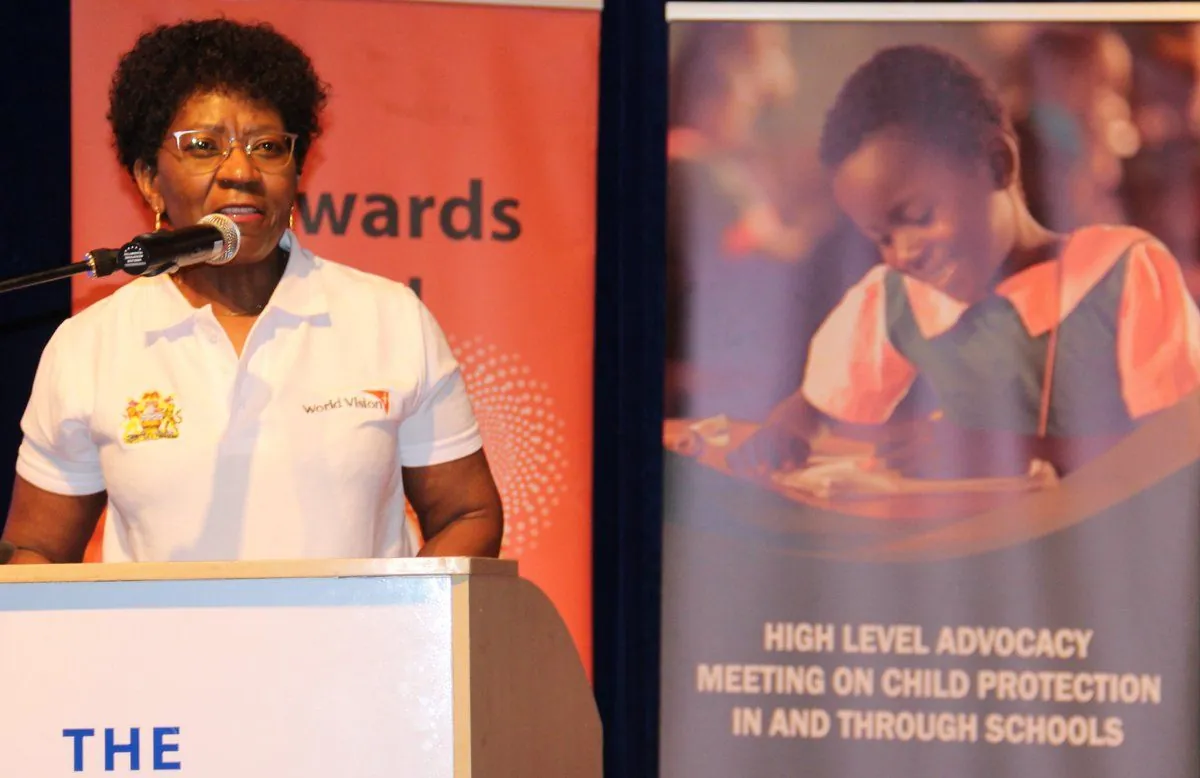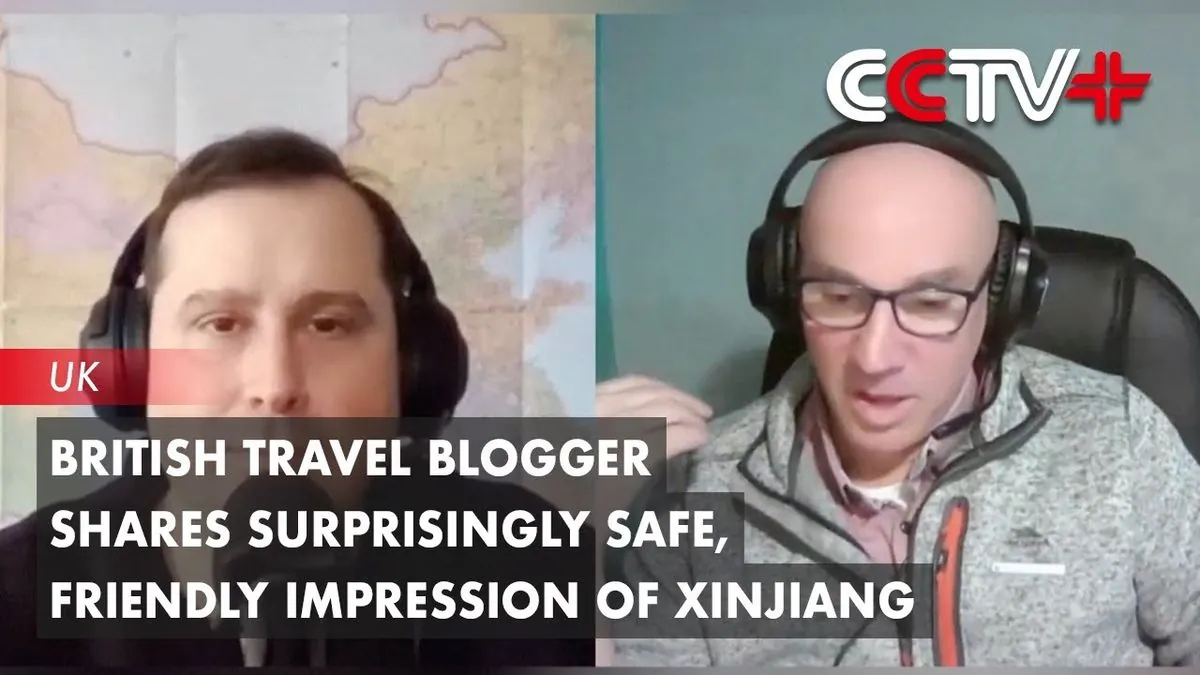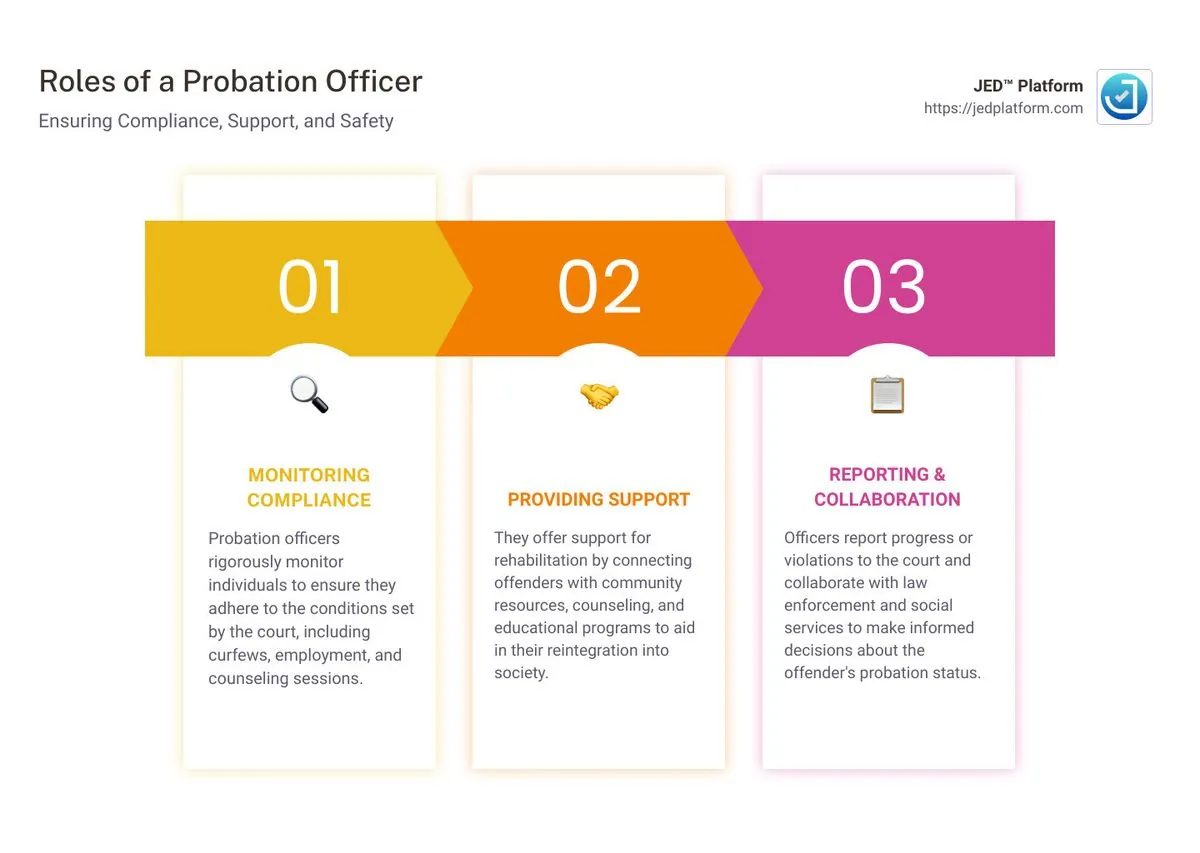Child Abuse Survivor Speaks Out: Huw Edwards' Crimes Not Victimless
A child sex assault survivor emphasizes the lasting trauma of image-based abuse following Huw Edwards' sentencing. She calls for societal change in perceiving these crimes and urges tech companies to prevent distribution.

Rhiannon-Faye McDonald, a 34-year-old survivor of child sexual abuse, has spoken out following the sentencing of Huw Edwards, emphasizing that viewing indecent images of children is far from a victimless crime. Edwards, a prominent BBC figure, received a suspended sentence on September 16, 2024, after pleading guilty to possessing 41 indecent images of children.
McDonald, who experienced grooming and abuse at age 13, stressed the enduring trauma faced by victims of image-based abuse. She stated, "Every single one of those images is evidence of a child being sexually abused. It is not harmless or victimless because harm has been caused when the image was created and every single time those images are viewed we are victimized again."
The case has ignited a debate on the treatment of online pedophiles. Simon Bailey, former National Police Chiefs' Council lead for child protection, warned that such offenses are increasingly viewed as "victimless crimes," overlooking the real impact on survivors.

McDonald, now head of advocacy at the Marie Collins Foundation, highlighted several misconceptions:
- The stereotype of offenders as "dirty, creepy old men"
- The notion that viewing images is less harmful than physical abuse
- The idea that "self-generated" imagery implies consent
She emphasized that perpetrators often hold respected positions in society, allowing them to evade detection. McDonald also criticized the argument that Edwards' offenses were less serious because they were "self-directed," stating, "To think that a seven-year-old child is, on their own, deciding to take those images and circulate them without being abused, groomed, manipulated and coerced to do so is absurd."
The survivor called for a shift in societal perception of image-based sexual abuse and urged tech companies to take greater responsibility in preventing the distribution of child sexual abuse material. She noted, "Child sexual abuse didn't just appear; it has always happened, but the new aspect is tech and the images and videos created of this abuse and livestreamed abuse is so easily accessible to those who have an interest in abusing children."
"People have this stereotypical image in their mind that the people who perpetrate these crimes are dirty, creepy old men and that is just not the case. I think people would be surprised who the perpetrators are because it can be anybody."
McDonald emphasized the need for prevention and addressing root causes, stating, "We cannot arrest everyone who harms a child or wants to harm a child, we need to prevent it happening in the first place."
As the debate continues, it's crucial to recognize the complex trauma effects on victims and survivors of online sexual abuse. Vicki Green, chief executive of the Marie Collins Foundation, underscored the importance of tailored support for victims, acknowledging the unique harms caused by this type of offending.
The case serves as a stark reminder of the ongoing challenges in combating child sexual exploitation in the digital age and the critical need for a comprehensive approach involving law enforcement, tech companies, and society at large.


































